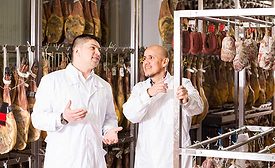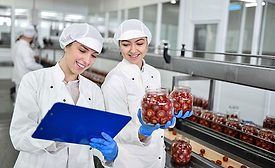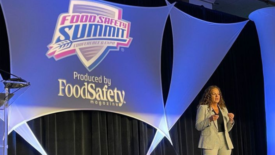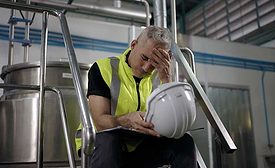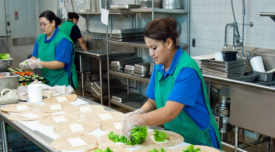Home » Keywords: » leadership
Items Tagged with 'leadership'
ARTICLES
Many educational vehicles are available to provide food safety learning to our coworkers, colleagues, and employees
Read More
The Importance of Establishing Strong Relationships as a Successful Food Safety Business Leader
Building and maintaining relationships with key stakeholders are integral to ensuring food safety and driving continuous improvement for your business
December 19, 2024
Mission Critical: Cultivating a Culture of Food Safety Excellence
For a future of food safety excellence, companies must reimagine leadership competencies and focus on human skills
July 1, 2024
Where Food Safety Systems and Culture Collide: Do You Know Your Company's Psychosocial Risks?
Psychosocial risks become important to food safety when they have the potential for causing psychological or physical harm, and when they lead to deficiencies in expected food safety behaviors
April 9, 2024
Developing Food Safety Leadership Skills: Building the Workforce of Tomorrow
What does it take to be a great food safety leader?
February 13, 2024
Food Safety Culture: Moving from Checklist to Practice in 2024
A look at how whole-being competencies support technical leaders to shift culture through daily interactions and behaviors
December 12, 2023
Never miss the latest news and trends driving the food safety industry
eNewsletter | Website | eMagazine
JOIN TODAY!Copyright ©2024. All Rights Reserved BNP Media.
Design, CMS, Hosting & Web Development :: ePublishing
